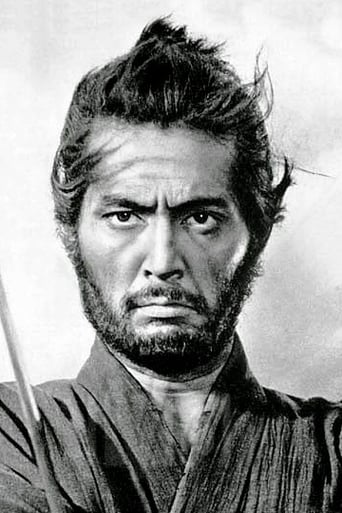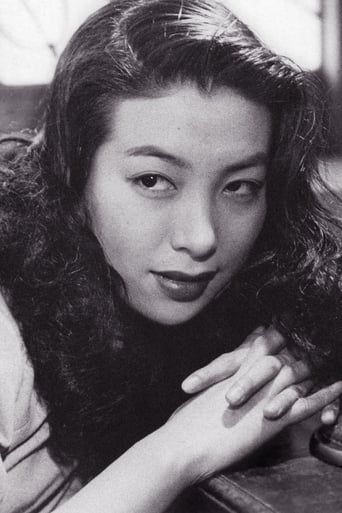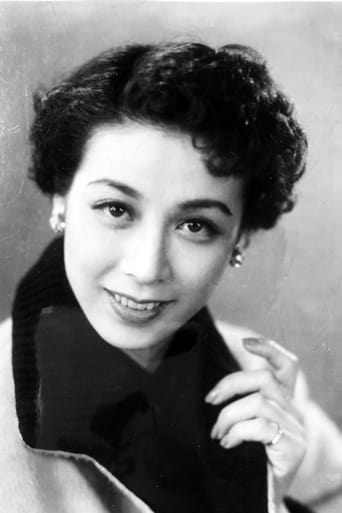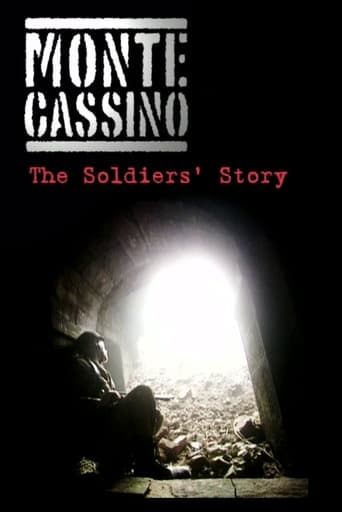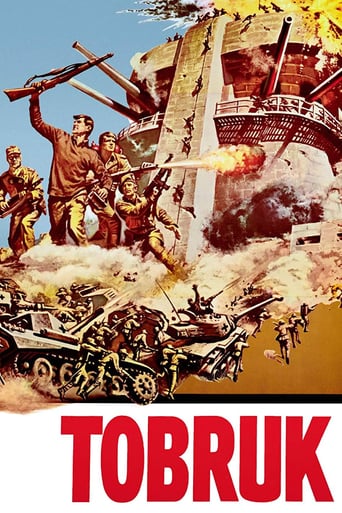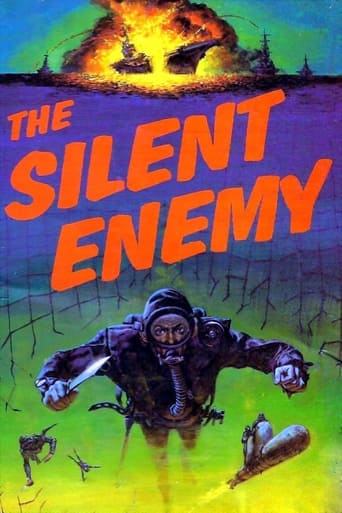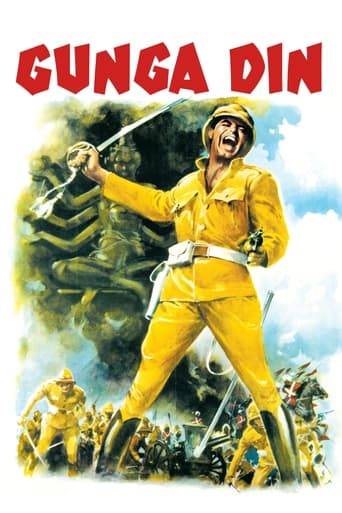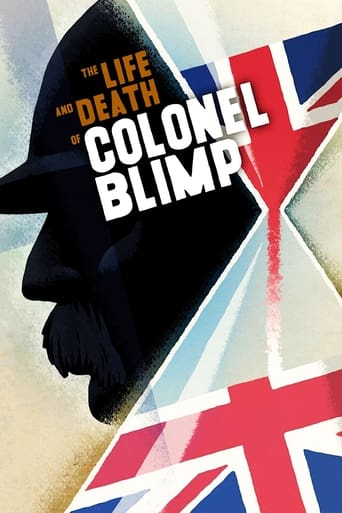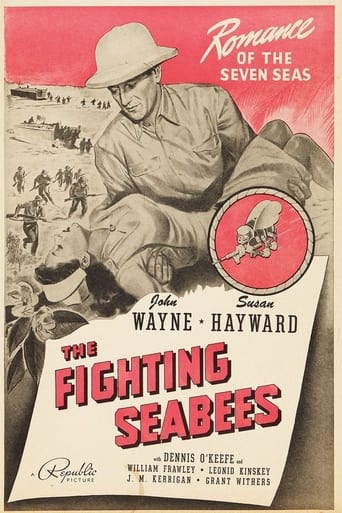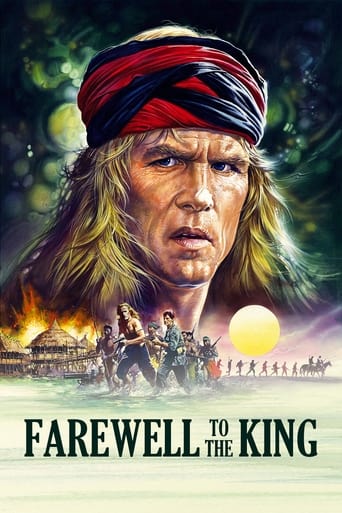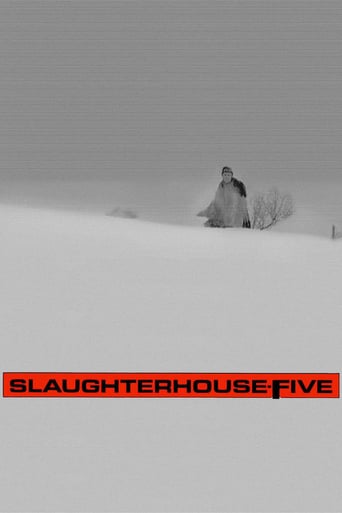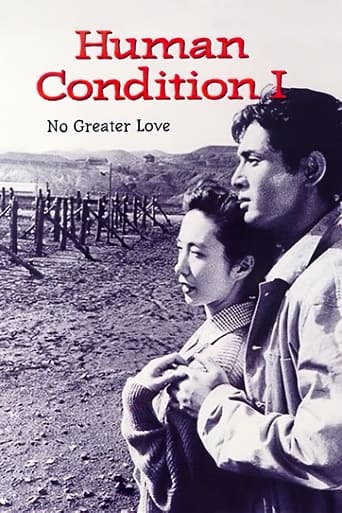
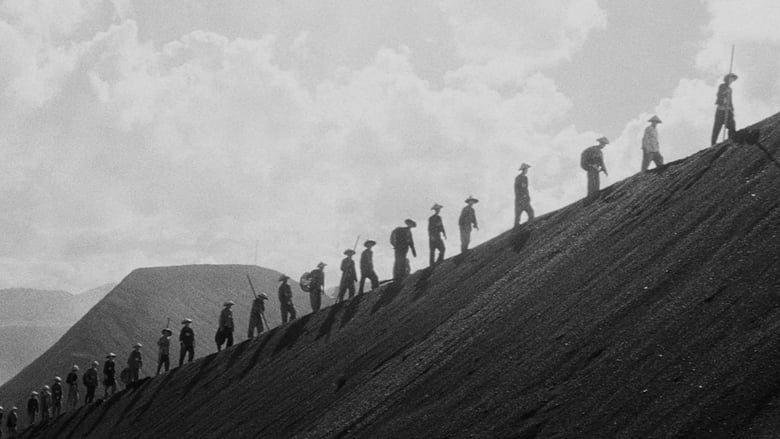
The Human Condition I: No Greater Love (1959)
After handing in a report on the treatment of Chinese colonial labor, Kaji is offered the post of labor chief at a large mining operation in Manchuria, which also grants him exemption from military service. He accepts, and moves to Manchuria with his newly-wed wife Michiko, but when he tries to put his ideas of more humane treatment into practice, he finds himself at odds with scheming officials, cruel foremen, and the military police.
Watch Trailer
Cast


Similar titles
Reviews
"Lawrence of Arabia" (1962) and "Profound Desires of the Gods" (1968) are epic, immense films in size and scope. So is Gance's "Napoléon" (1927). And still, Kobayashi's "The Human Condition", released in three parts from 1959 to 1961, tends to stand out. Three films, each three hours or longer, and still a singular journey, "one of the most monumental acts of personal expiation in all cinematic history."[1] The quote is from Philip Kemp, and it is good to know a few things about Kobayashi the director. Critical of the war and shipped to Manchuria, living as a POW under the Americans, he's not that unlike to Kaji the protagonist. This is a film made by someone who had seen war, and knew firsthand what its criticism meant. I believe this to be an important point to remember as one discusses Kaji's character, and his perceived flaws.It's easy enough to brush the first film aside as a mere introduction to a story that unfolds and ripens in its due course. This interpretation is enhanced by Kaji's character, whose personality and actions are seen as naive and altogether misinformed and stubborn. When one sees the trilogy as a kind of developing progression of his philosophy and ethics, it is easy to overlook the virtues of this film and disregard it as elementary.Yet this is no lesser work. In visual terms, the deserted space of the mining complex, inhabited by so small people against such an infinite backdrop, anticipates the visually contrapuntal existential alienation of the sixties Teshigahara and Antonioni.Kaji, played to perfection by Nakadai Tatsyua, is no saint. I think it would be too easy to attribute to him only naive and pure intentions, as he's actually a rather ruthless individual from the beginning. He's an idealist, sure; often naive, certainly; but far from blameless, and what often seems like his naiveté might actually betray stubbornness rooted in self-righteousness. In the very first scene where he discusses marriage and sex with Michiko he certainly seems to me as holier-than-thou and standing on a pedestal in how he proves a point by playing a trick on her.Indeed, while it might be eloquent to describe the three films as his downward spiral, his fall from grace, I think this is amiss. What is irritating about Kaji is not that he's always in the right but that he persistently thinks he's in the right. He's so devoted to his cause that nothing else matters. This is his strength and weakness, something which some viewers too easily tend to attribute to be the film's weakness. Much of the film's greatest drama comes from his stubbornness, bordering on and often transcending the inane and annoying, especially his utter lack of subtlety.Yet he needs to be this way. Not only so that what follows will hit harder, but his figure is not tragic simply because he's a man of ideals and stands up for them, it's because in some ways he's just as ruthless as those he criticizes.A key to this interpretation is found in his marriage and relationship with Michio. For me it's the central tragedy in the film, not only because of what Kaji and Michiko end up losing because of Kaji's plight but also because of Kaji himself. He's a man who feels deeply, yet is so blinded by his mission that he helps to destroy his marriage, and Michiko to an extent, even before the end of the first film. The title of the first film, "No Greater Love," not only refers to Jn 15:13 ("Greater love hath no man than this, that a man lay down his life for his friends") and in a way to Kaji's mission to help others, but also to the love Michiko has for Kaji, a love that he will find unparalleled and lost to him.FOOTNOTES: [1] Philip Kemp, "The Human Condition: The Prisoner," retrieved 26 August 2015 from the Criterion Collection website.
In the World War II, the pacifist and humanist Japanese Kaji (Tatsuya Nakadai) accepts to travel with his wife Michiko (Michiyo Aratama) to the tiny Manchurian village Loh Hu Liong to work as supervisor in an iron ore mine to avoid to be summoned to the military service. Kaji, who defends communists principles, works with Okishima (Sô Yamamura) and he implements a better treatment to the laborers and improves the mine production.When the feared Kempetai (The "Military Police Corps", the military police arm of the Imperial Japanese Army from 1881 to 1945) brings six hundred Chinese POWs to the mine, Kaji negotiates with their leaders expecting them to control their comrades. However the methods of Kaji upset the corrupt system in the site, and the foreman Furuya (Kôji Mitsui) plots a scheme to use the naive Chen (Akira Ishihama) to turn off the electrical power of the barbwire fences to allow the prisoners to escape. When seven prisoners are falsely accused of an attempt of fleeing, a cruel Kempetai sergeant uses his sword to behead the prisoners. When Kaji protests, the POWs react sparing the lives of four prisoners but Kaji is arrested and tortured. When he is released, he is summoned to join the army and accused of being Red. "The Human Condition – Parts I & II" is the anti-war masterpiece by Masaki Kobayashi. The story is impressively realistic and magnificently shot with top-notch camera work, giving the sensation of a documentary. I bought the box released by the Criterion approximately one year ago, and only today I have just watched the two first DVD with about 400 minutes running time. Tomorrow I will finish watching this masterpiece. My vote is ten.Title (Brazil): Not Available
This is the first of three very long movies that are based on Jumpei Gomikawa's six-volume series. It is set during WWII and is about a Japanese man named Kaji. Kaji is a very liberal man for the times--something that COULD be very dangerous in the militaristic Japanese society. When he's called up to fight in the war, he's torn. He's basically a pacifist at heart and cannot see himself killing another. Luckily for him, his boss gives him a choice--report for military duty or go off to Japanese occupied territory to be the production head for a forced labor camp. Not surprisingly, he goes to work at the camp--and takes his new wife with him.When he sees the camp, Kaji is angered--the soldiers brutalize the workers and have absolutely no regard for them. The camp is also rife with corruption. He insists that the beatings MUST stop and he is opposed by the staff--but he's not willing to budge and he has the authority to make it stick. Fortunately, when the workers are better few and treated well, production increases dramatically. However, when there are prison escapes, the hardliners press for a return to brutality. After all, they feel, these aren't exactly humans--just Chinese and Korean conscripts and, worse, Japanese political prisoners. What is Kaji to do? As the film progresses, to save himself he may need to forget about his high ideals. But, can he live with himself? And what about his marriage? Because of the job, he's withdrawn and miserable--and a lousy husband. I'd say more, but this would ruin the film.Overall, an excellent film that is worth seeing. I am excited to see what happens in the second film, as at the end of the first there is a BIG twist and Kaji's world has been turned upside down in the process. My only question is could this film STILL be a bit sanitized? From what I've read about these camps, they were MUCH more brutal than even the film portrayed.
An interesting film that portrays the struggles of an idealistic young Japanese man who is challenged to employ his idealism in the service of the Japanese war effort in WW II. A key aspect of this struggle is the protagonist's struggle within himself. Kaji, the young man, seeks to humanize the brutal conditions at a mining operation in Manchuria. Further complicating matters is the profound sense of national prejudice that shapes the relationships between the various characters. To the workers & Chinese prisoners, regardless of his professed ideals, Kaji is Japanese and therefore an oppressor. Although Kaji tries to win their trust, his own frustration enables him to strike a young Chinese helper, reinforcing the image of the brutal Japanese. This weakness is a key underlying theme. Even late in the film, when he takes a very brave stand against some executions, his effort is a bit late and his stand is successful only when the Chinese prisoners take up the protest. He struggles because her fears he cannot live up to the ideals he expresses.Kaji is also confronted with the another irony. Although he opposes the war, he has chosen a route of avoidance rather than resistance. This is emphasized early in the film during an evening with a friend who is about to be inducted. His friend comments that, although they opposed the war, neither of them was brave enough to face the penalty for resistance of life imprisonment. Shortly thereafter, he takes the mine job to get a military exemption. Yet, if he is successful, the production improvements in the mine only fuel the Japanese war machine.A valuable film because it explores areas of the pacific war that are not well know in the west. Also an interesting observation in the danger of half-measures when taking a moral stance. Kaji is ultimately confronted with the fact that you cannot avoid the war, only oppose it or aid it. I look forward to viewing the next film.


